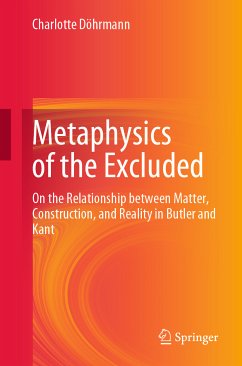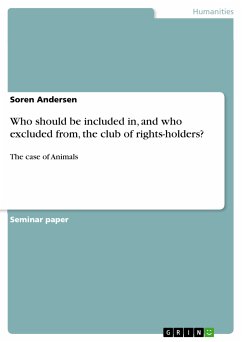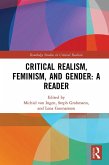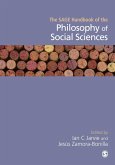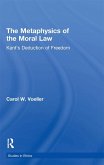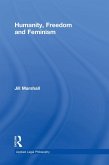For more than 30 years, Judith Butler's thesis that gender is constructed has led to unresolved misunderstandings and conflicting interpretations. This work engages with Butler's constructivism epistemologically and develops the thesis that Butler is misunderstood for the very reasons their philosophy critiques: the necessities of thought imposed by traditional metaphysics and its dualistic conceptual framework. "Matter" is not a neutral or prediscursive concept but is always already embedded in a gendered discourse and functions as the constitutively excluded. Kantian epistemology serves here as both an example of implicitly misogynistic philosophy and a framework to understand the misinterpretations of Butler as well as the fundamental epistemological issue-the relationship between the knowing subject and "reality". What does it mean for Butler that even material aspects are constructed yet real, without developing an idealistic concept of reality?
The translation was done with the help of artificial intelligence. A subsequent human revision was done primarily in terms of content.
This book is a translation of an original German edition. The translation was done with the help of artificial intelligence (machine translation by the service DeepL.com). A subsequent human revision was done primarily in terms of content, so that the book will read stylistically differently from a conventional translation.
Dieser Download kann aus rechtlichen Gründen nur mit Rechnungsadresse in A, B, BG, CY, CZ, D, DK, EW, E, FIN, F, GR, HR, H, IRL, I, LT, L, LR, M, NL, PL, P, R, S, SLO, SK ausgeliefert werden.

